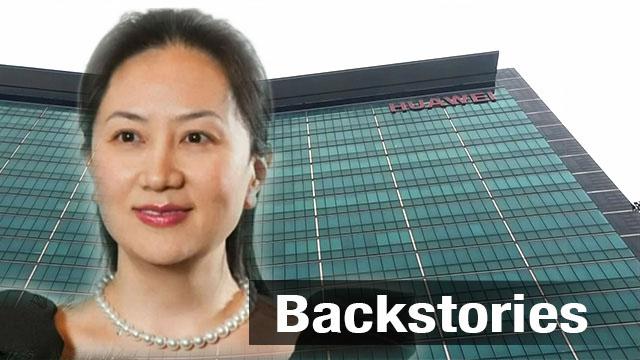On Saturday, December 1st, while on her way from Hong Kong to Mexico, Meng was taken into custody in Vancouver International Airport by Canadian law enforcement. Her arrest came at the request of the United States.
She stands accused of "conspiracy to defraud multiple financial institutions" by using a Huawei subsidiary to conduct business with Iran from 2009 to 2014. In short, she is accused of fraud and breaking US sanctions on Iran; charges that carry the potential of 30 years in an American prison.
The arrest, which coincidentally took place on the same day Presidents Trump and Xi met to discuss a trade détente, caused markets worldwide to tank, added an acrimonious twist to US-China trade talks and landed Canada in the middle of an unwanted international dispute.
"The appropriate authorities took the decisions in this case," Prime Minister Trudeau said, as if hoping to preempt any Chinese retaliation. "We were advised by them with a few days’ notice that this was in the works, but of course there was no engagement or involvement on the political level in this decision, because we respect the independence of our judicial processes."
Back in Vancouver, Meng sat stoically with her translator by her side, periodically scribbling notes and occasionally sharing a laugh and a pat on the arm with her defense counsel during breaks. Otherwise, she never spoke or said a word to the court. She listened intently as her defense made her case as to why she wouldn’t flee Canada for China if released.
"She is a woman of character and dignity," defense attorney David J. Martin told the court. "She would never embarrass her father, her company... and she would never embarrass China itself."
But just in case that didn't work, the defense had a plan.
Dubbed the "Community Custody Plan of Supervision," it was developed by the Vancouver based Lions Gate Risk Management firm at the request of Meng’s counsel, and consists of round-the-clock supervision. It includes a dedicated driver and security team to escort her everywhere, a GPS bracelet, travel restrictions throughout the Vancouver metropolitan area, a curfew, home surveillance and the power to conduct a citizen’s arrest if she violates the terms of her release. It's all paid for by Meng.
In the end, Justice William Ehrcke agreed and set bail at USD $7.5 million, along with a host of caveats, including the implementation of the defense’s James Bond-esque surveillance.
When the verdict was announced, a cheer erupted from some of the Chinese supporters in the gallery, and a visibly emotional Meng wiped her eyes with a tissue. In the ten days that she was in custody, the markets went down, then up, President Trump insinuated that he would use her as leverage, and a Canadian former diplomat was arrested by Chinese authorities. But by simply looking at the woman in the plain green sweat suit in courtroom 20, it was difficult to imagine her being the agent of international chaos.

